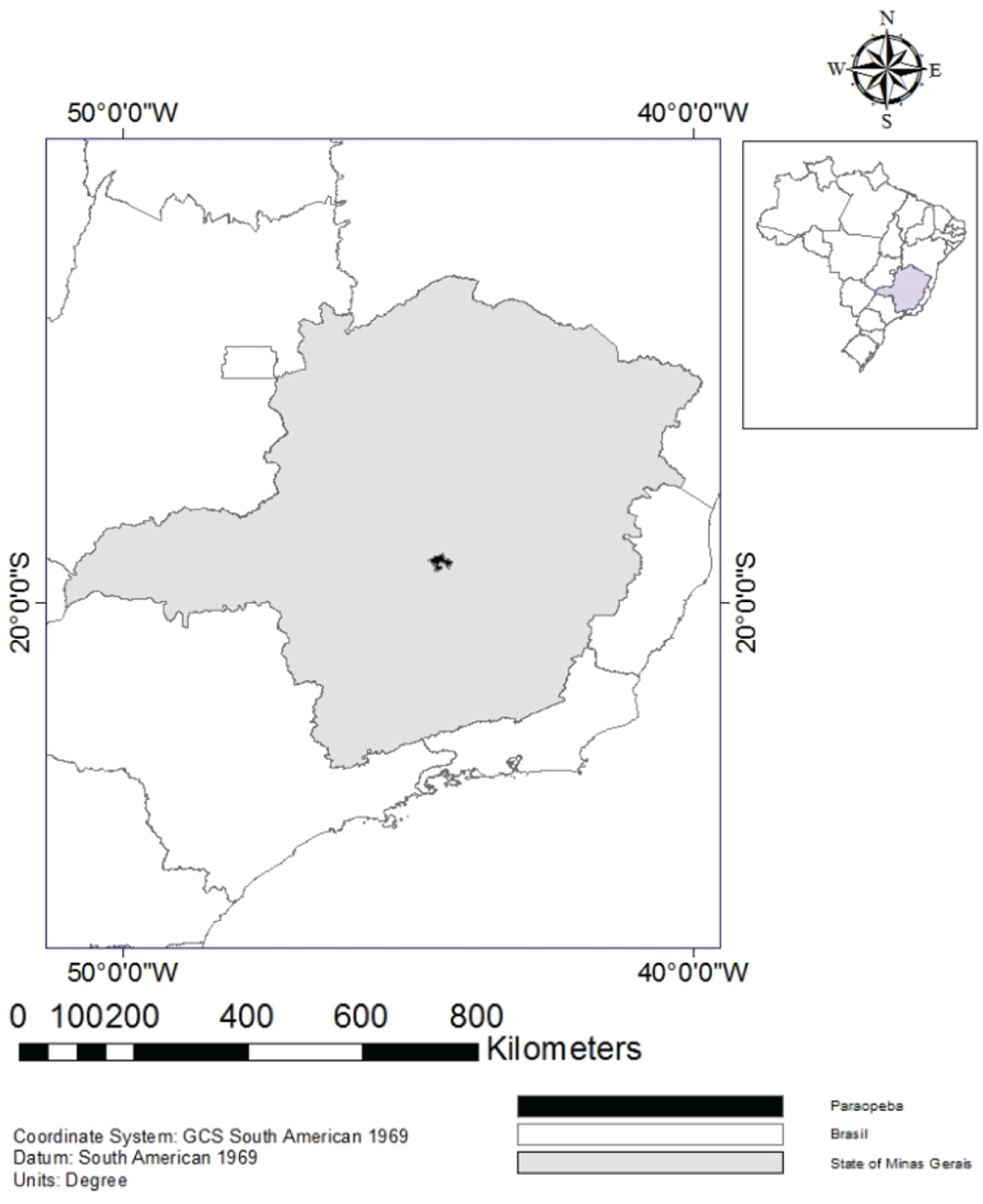Abstract
Local knowledge of biodiversity has been applied in support of research focused on utilizing and management of natural resources and promotion of conservation. Among these resources, Pequi (Caryocar brasiliense Cambess.) is important as a source of income and food for communities living in the Cerrado biome. In Pontinha, a “quilombola” community, which is located in the central region of State of Minas Gerais, Brazil, an ethnoecological study about Pequi was conducted to support initiatives for generating income for this community. Data were collected through semi-structured interviews, participant observation, and crossing. The most relevant uses of Pequi were family food (97%), soap production (67%), oil production (37%), medical treatments (17%), and trade (3%). Bees were the floral visitors with the highest Salience Index (S=0.639). Among frugivores that feed on unfallen fruits, birds showed a higher Salience (S=0.359) and among frugivores who use fallen fruits insects were the most important (S=0.574). Borers (folivorous caterpillars) that attack trunks and roots were the most common pests cited. According to the respondents, young individuals of Pequi are the most affected by fire due to their smaller size and thinner bark. Recognition of the cultural and ecological importance of Pequi has mobilized the community, which has shown interest in incorporating this species as an alternative source of income.
Keywords:
Cerrado; traditional communities; ethnoecology; income

 Thumbnail
Thumbnail
